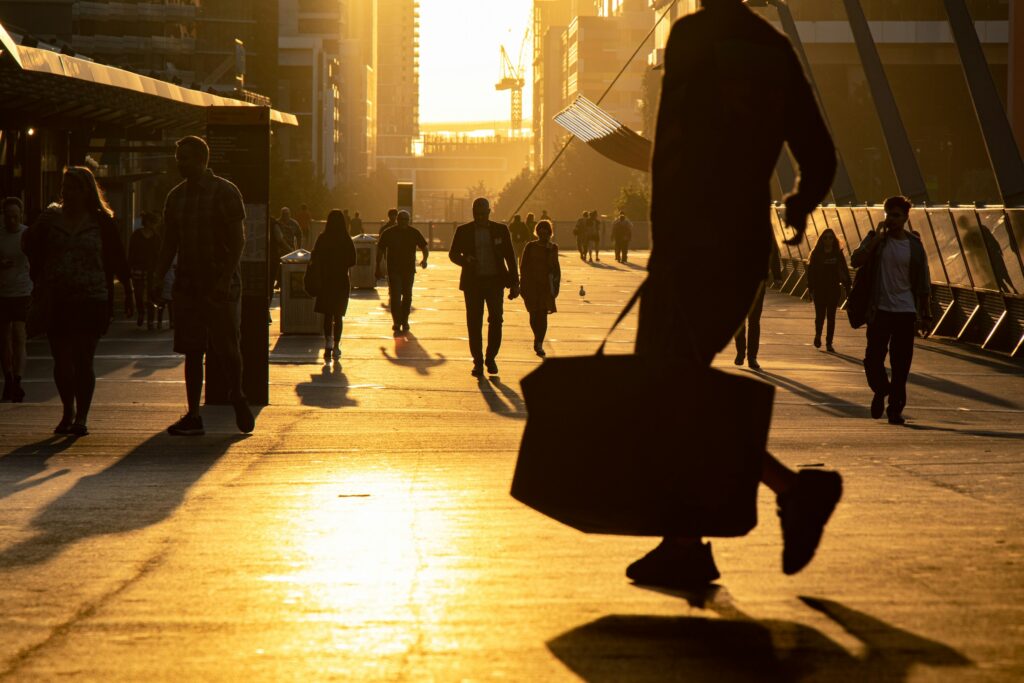
What is Bleisure Travel and How is it Changing the Travel Industry?
We are currently seeing how work and leisure increasingly intertwine, and amongst this a new trend has emerged, reshaping the landscape of travel: bleisure. Blurring the lines between business and leisure trips, this hybrid approach to travel is redefining the way we experience destinations, conduct business, and take relaxation time.
From corporate boardrooms to sandy beaches, bleisure travel offers a unique blend of productivity and relaxation, catering to the evolving needs of modern travellers. In this blog, we explore the concept of bleisure travel and examine its impact on the travel industry.
What is bleisure travel?
Bleisure is a portmanteau of “business” and “leisure” – it refers to the trend of travellers taking a business trip and adding extra time in the destination to take a more leisure-focused holiday.
This usually consists of travellers adding extra days to the beginning or end of the trip for leisure purposes. Often loved-ones might even come out to join the original traveller for the non-work portion of the trip.
Some people might undertake a bleisure trip by adding in leisure time amongst the original schedule. So, they might block out time for sightseeing in between business meetings, for example.
How is bleisure travel impacting the travel industry?
Bleisure has been studied for over a decade and has shown constant growth in that time. A recent study from Hilton showed that more than a third of Gen Z and Millennial travellers plan to extend a business trip in 2024 to enjoy leisure time before or after work obligations. 24% of global business travellers plan to take a friend or family member on a business trip with them, suggesting they will be turning it into a bleisure trip combining both work and leisure time.
Longer stays and additional services
The impact this has on the travel industry is mainly positive. After a difficult period during the pandemic, with usual travel turning and the increase of bleisure trips, the travel and hospitality sector is flourishing. Not only do hotels see longer stays booked, but they also usually see additional services bought. Business travellers on bleisure trips are more likely to book spa treatments and/or sightseeing tours.
Not only are they looking for relaxation, but they may be also more willing to pay for extras if some or all of the flight and accommodation costs have been covered by their company. This can also extend to fine dining and additional activities such as entertainment in and around the location, meaning more industries can reap the rewards.
An even spread of demand
Another benefit to the travel industry is an updated schedule. Business trips may have once typically taken place in the week, with leisure trips at the weekend. With bleisure travel, this may become more blurred, with travellers taking a few days of the working week for business obligations and another few days of the working week to finish their trip with leisure time. It means tourism and hospitality companies can divide their services over seven days, with a more even split in demand.
Blended spaces
Another impact on hospitality is that there is a need to provide a blend of workspaces and leisure spaces. Indeed, more and more hotels are now implementing areas dedicated to working, as well as keeping relaxation spaces. Travellers who have everything they need in one location may be less likely to move on when they change portions of their trip, i.e. from business to leisure or vice versa. This in turn leads to a loyal customer base, who are more likely to return for their next trip.
What are the benefits of bleisure travel for the traveller?
Bleisure travel has many benefits for the traveller. The main advantage is that allows them the opportunity to enjoy vacation time at a reduced price point. Typically, for a business trip, the company will cover travel and accommodation costs. Of course, if the traveller extends the trip, they will likely be liable to pay the difference – but it will usually work out cheaper than going abroad for leisure only and paying for the entire trip.
Another advantage of bleisure travel is that it can lower the traveller’s carbon footprint. Rather than taking multiple plane journeys for a business trip and a separate leisure trip, combining them reduces how much plane travel is needed.
Bleisure travel gives the traveller the opportunity to visit places they might have otherwise not thought to visit on their own holiday. Many are able to discover new destinations and explore a wider area than they might have been in if they just stuck to the business trip.
Bleisure trips also give travellers the chance to spend more time with their family and friends. For those that bring a loved one on the trip with them, they can spend time with them in the downtime between business obligations, as well we enjoyed extended leisure time once the business portion of the trip if finished.
Are you taking a bleisure trip?
If you’re travelling abroad for a combined work and leisure trip, ensure you’re covered with comprehensive travel insurance. Expatriate Group is an expert in international healthcare and travel insurance, with a range of plans designed to protect you on your trips. For complete flexibility, we offer annual travel insurance, covering you for multiple trips in a year with one simple policy.
You can view our travel insurance plans, contact us for more information, or get a quote online today.
